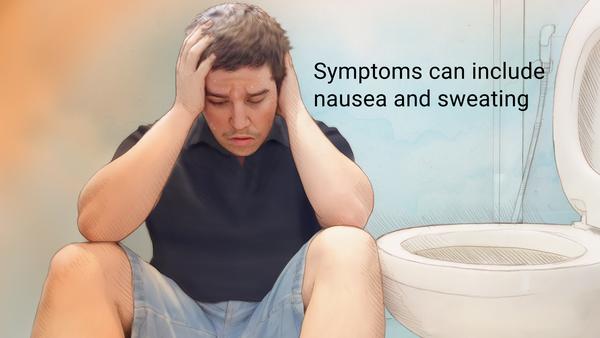
Dealing with withdrawal symptoms is one of the main reasons that a person addicted to drugs or alcohol may find it very hard to quit the habit. In most cases, the withdrawal symptoms like cravings and discomfort push the recovering person back to the substance because the body feels the urge to get one more hit. When the symptoms become worse, a professional will need to supervise to ensure no harm comes to the person.
Here are some tips for dealing with withdrawal.
1. Decide Whether Medically Supervised Withdrawal Is Necessary
Severe withdrawal symptoms are usually more likely in people that have been using the drugs or alcohol. If you feel that your body will not be able to handle severe symptoms then you should contact a medical professional such as couplesrehabs.org to aid you when reducing or quitting the drug/alcohol. Contact
2. Choose The Right Environment
You may not face severe withdrawal symptoms when you do decide to detox but it is always good to be in a place where you will be more likely to succeed in the detox. Having support and medications available during the process will ensure that you do not slip back into the habit of using the substance. Most rehab centers offer detox programs that you can take advantage of.
3. Have A Reason For Getting Clean
It will be easier to go through the process when you have a solid reason for doing the cleanse. You will be able to hold on to this reason when the symptoms become severe and use it as your light at the end of the tunnel. Feeling the need to quit because you want to may fail to get good results. It is advisable to focus on why you should get clean.
4. Have Support
It is always good to have people that you can rely on whenever you feel the urge to slip back, especially after the symptoms become terrible. Make sure that you are not alone during the tough hours by surrounding yourself with people that are willing to help you through the task. People that understand can give you their experiences and help you see that you can get through the hard parts.
5. This Too Shall Pass
It is always best to keep positive and remember that the symptoms will pass. You will not be in that state forever and once you get through the hard part, you can finally live the way you want to. Most acute symptoms do not last for longer than a few days, which is roughly the same time as the flu. Knowing that there is an end in sight will help you get through the worst of the symptoms. If you feel that you cannot cope then talk to someone that will help you stay positive and remind you why you are doing it.
6. Distract Yourself From The Symptoms
Dwelling on the discomfort that you are experiencing will make you feel worse because your brain will focus on just that. It is advisable to distract yourself by staying busy. Do activities that will keep your brain occupied and make you remove the focus from the symptoms. As tempting as it may be, avoid lying in bed and going down a pity party train. This is a place that will only prolong your suffering.
7. Don’t Expect The Worst
If you expect your symptoms to be terrible, that is probably what you will get. Do not think too much as this means that you will be focusing on your symptoms so much that they will be the only thing on your mind. It is best to have a positive outlook on the whole process. You can also have mantras that help you when you feel that the symptoms are becoming too much to deal with. They will help you focus on getting clean and can reduce certain symptoms such as anxiety.

